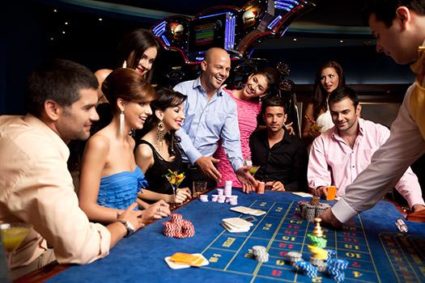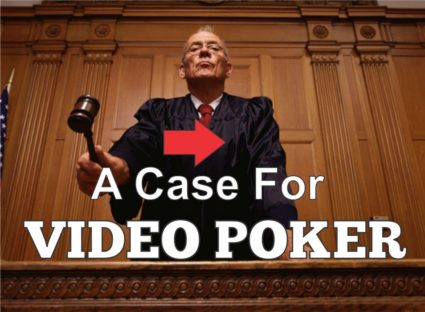 People often lose money in casinos due to a combination of psychological, mathematical, and behavioral factors. Casinos are designed to create an environment thatmaximizes their profits, and as a result, many individuals find themselves spending more money than they initially intended. Here are some reasons why people may lose money in casinos:
People often lose money in casinos due to a combination of psychological, mathematical, and behavioral factors. Casinos are designed to create an environment thatmaximizes their profits, and as a result, many individuals find themselves spending more money than they initially intended. Here are some reasons why people may lose money in casinos:
House Edge: Casinos have a built-in mathematical advantage known as the “house edge.” This ensures that over time, the casino will make a profit from the bets placed by players, regardless of individual outcomes.
Gambler’s Fallacy: Some individuals fall victim to the gambler’s fallacy, believing that if a certain outcome (like a specific number or color in roulette) hasn’t occurred in a while, it’s more likely to happen soon. This can lead to risky bets and losses.
Emotional Decision-Making: Gambling can be emotionally charged. People may make impulsive bets based on emotions, such as excitement, frustration, or desperation, rather than rational analysis.
Misunderstanding Probabilities: Many casino games have complex rules and probabilities that are not always well understood by players. This lack of understanding can lead to poor betting decisions.
Overestimating Skill: Some games, like poker or blackjack, involve an element of skill alongside luck. However, overestimating one’s skill level can lead to poor decisions and financial losses.
Lack of Discipline: A lack of self-control can cause players to chase losses, bet more than they can afford, or keep playing even when they should stop. This behavior can quickly lead to bigger losses.
Influence of Alcohol and Environment: Alcohol consumption, as well as the lively and stimulating casino environment, can impair judgment and decision-making, leading to riskier bets.
Availability Heuristic: When players witness or hear about others winning, they might believe that they too can easily win. This can lead to unrealistic expectations and excessive gambling.
Illusion of Control: Some players may believe they have more control over the outcomes than they actually do, leading them to make irrational bets based on their perceived control.
“Chasing” Losses: When players experience losses, they may feel compelled to continue gambling in an attempt to recover those losses. This can lead to a downward spiral of losses.
Marketing and Advertising: Casinos often use marketing tactics to create a sense of excitement and allure around gambling, encouraging people to play more.
Cognitive Biases: Various cognitive biases, such as confirmation bias (interpreting information to support preexisting beliefs) and optimism bias (believing that bad things are less likely to happen to oneself), can cloud judgment and influence betting decisions.
It’s important to approach gambling with caution, set clear limits on spending, and be aware of the psychological and mathematical factors that can lead to losses. If gambling becomes a problem and starts affecting one’s financial, emotional, or social well-being, seeking help from professionals or support groups specializing in gambling addiction is crucial.
Video Poker is one of the best games to gain an advantage over other players.
Watch this short video to see why:



Leave a Reply